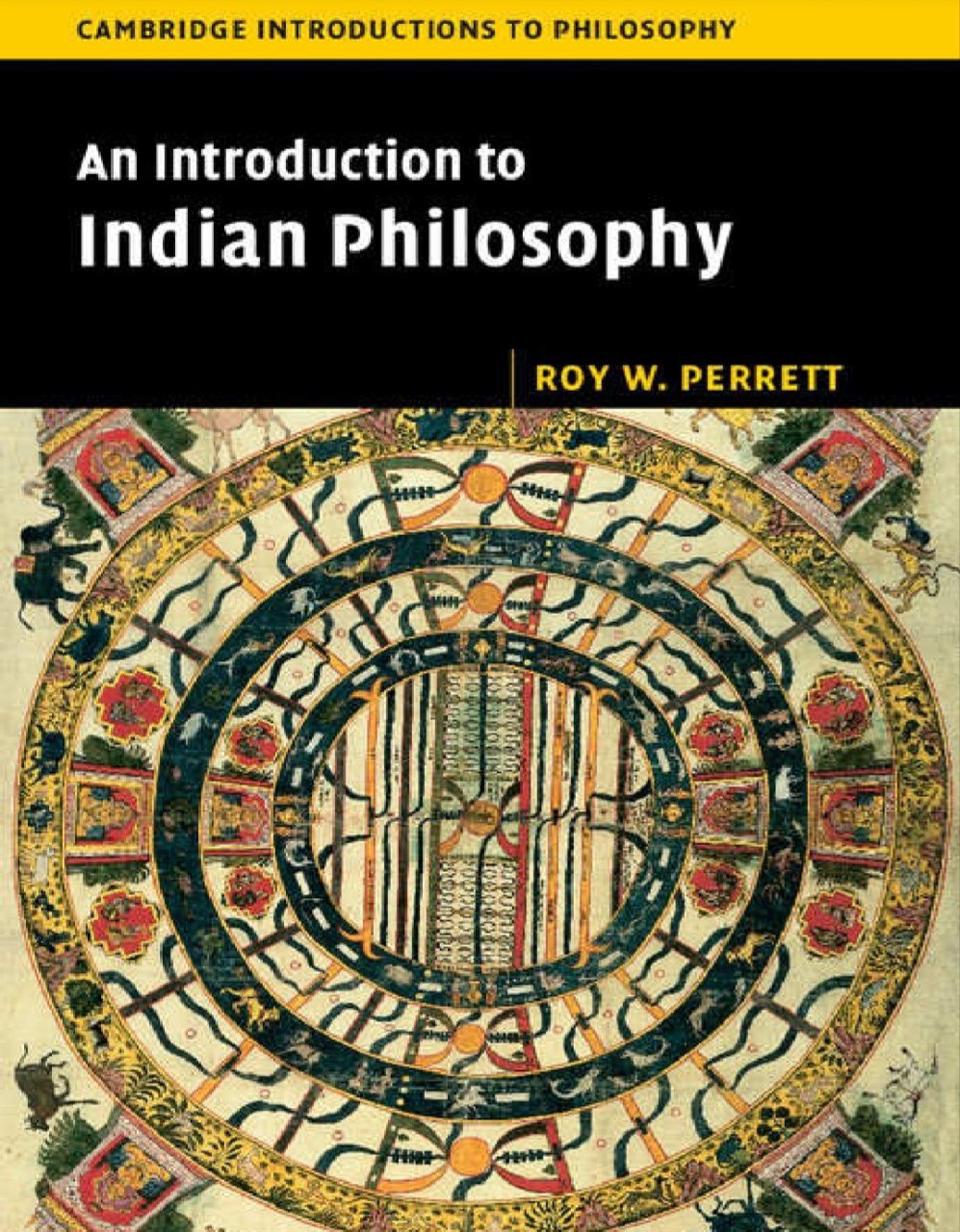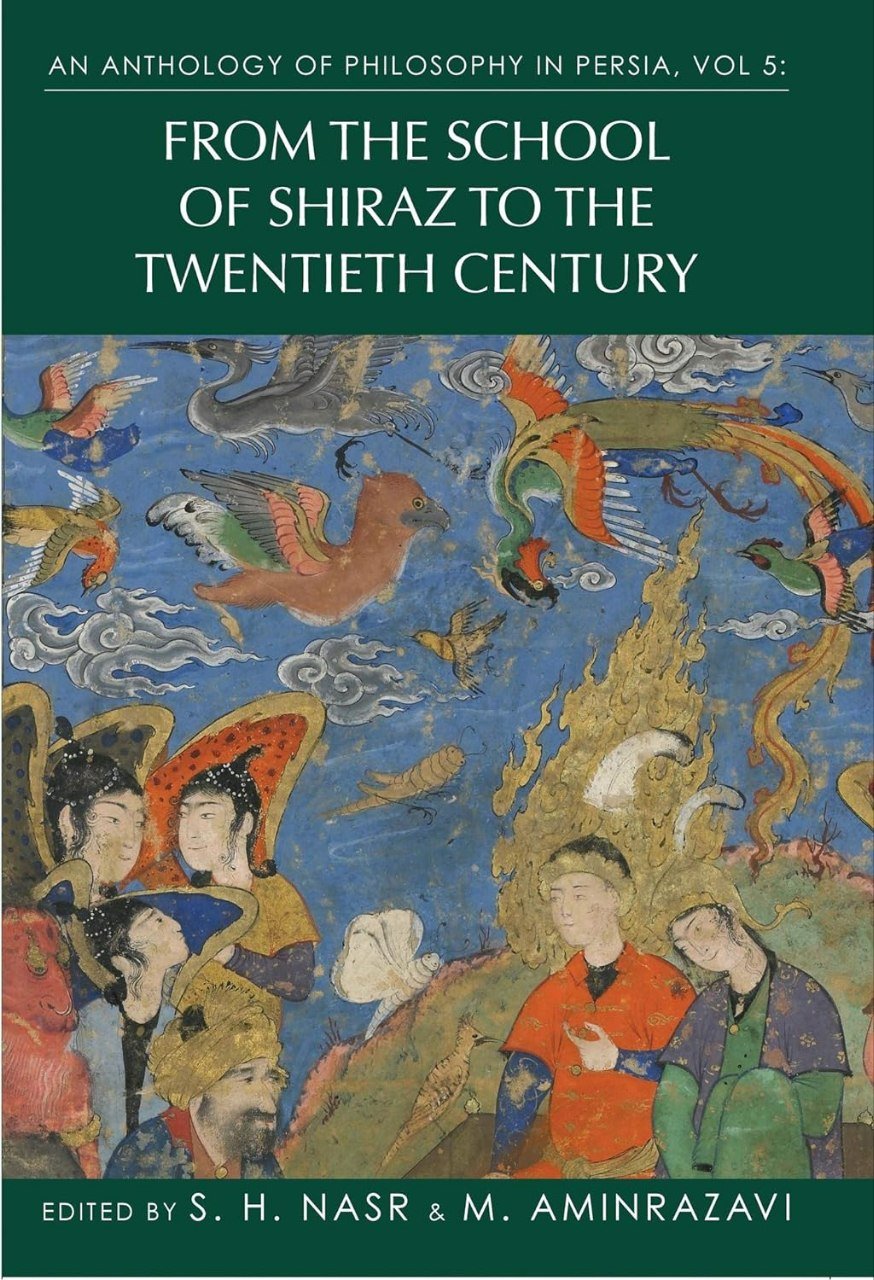

Emile Durkheim: Sociologist and Philosopher by Dominick LaCapra
Reviews
No review yet. Be the first to review this book!
Description
Emile Durkheim: Sociologist and Philosopher by Dominick LaCapra provides an insightful examination of the life, work, and intellectual contributions of Émile Durkheim, one of the founding figures of sociology and a pivotal philosopher. LaCapra’s book offers a comprehensive analysis of Durkheim’s theories, positioning him not only as a sociologist but also as a philosopher who deeply engaged with the larger questions of morality, society, and the nature of human life. Durkheim's work sought to establish sociology as a distinct and rigorous scientific discipline, separate from psychology and philosophy, and LaCapra explores this ambition in great detail. He highlights Durkheim's focus on social facts—collective norms, values, and institutions—that exert influence over individuals in ways that are independent of personal will or consciousness. Durkheim believed that to understand society, it was crucial to examine these social facts and their functions within the broader social system. One of Durkheim’s key contributions, which LaCapra discusses extensively, is his theory of social integration. Durkheim argued that the strength of societal bonds and the cohesion of a community were essential to social order. In this regard, he explored the concepts of anomie (social instability due to breakdown of norms) and solidarity, identifying different forms of solidarity that bind societies together—mechanical solidarity in simple, traditional societies, and organic solidarity in more complex, modern societies. LaCapra carefully examines how Durkheim applied these ideas to understand social changes, particularly in the context of modernity and industrialization. Durkheim’s work on religion is another major focus of the book. LaCapra delves into Durkheim's influential work The Elementary Forms of Religious Life, in which Durkheim explores the role of religion in society. Durkheim argued that religion was not just a personal belief system but a crucial societal force that helped to bind people together and reinforce collective norms. LaCapra analyzes how Durkheim's sociological approach to religion differed from traditional theological interpretations and his view of religious practices as essential components of social life. LaCapra also addresses Durkheim's views on ethics and morality, focusing on how he argued that social order is maintained not through coercive force but through shared moral codes and collective consciousness. Durkheim believed that society’s moral framework was integral to the functioning of institutions like law, education, and family. LaCapra emphasizes that for Durkheim, morality is a product of social structures and cannot be reduced to individual actions or psychological motivations. In addition to these key themes, the book touches on Durkheim’s views on suicide, education, and the division of labor. LaCapra contextualizes these works within the intellectual climate of Durkheim’s time, showing how his ideas responded to the rapidly changing world of the late 19th and early 20th centuries, with industrialization, urbanization, and secularization reshaping traditional social orders. Ultimately, LaCapra presents Durkheim as a thinker whose work continues to have profound relevance for contemporary sociological and philosophical debates. The book is not just an intellectual biography but an exploration of the broader significance of Durkheim’s contributions to understanding society, social cohesion, and individual behavior. By positioning Durkheim as both a sociologist and a philosopher, LaCapra underscores the depth and enduring influence of Durkheim’s ideas in shaping the ways we think about society today.























.jpeg)
.jpg)





.jpg)


.png)
.jpg)



.jpeg)








.jpg)


.jpeg)

.jpeg)




.jpg)







.jpeg)


.jpg)













.jpg)







.jpg)
















































